Unlock the secrets to glowing skin! Discover why moisturizing is key in India's climate. Learn how to choose the right moisturizer based on your skin type and ingredients. Keep your skin healthy and happy
with expert tips for effective moisturizing routines. Dive into this essential guide for a radiant glow!
In the diverse climate of India, taking care of your skin can feel like a full-time job. Humid summers, dry winters, and everything in between – our skin goes through a lot! One product that remains a constant necessity, regardless of the season, is a moisturizer.
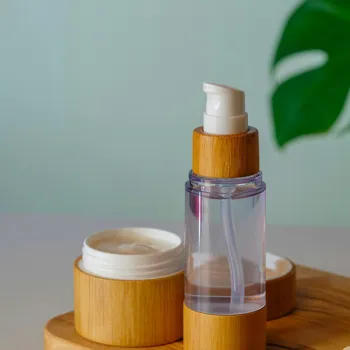
But with countless options lining the shelves of your local chemist and beauty stores, picking the right one can be a tad overwhelming. Fear not! This guide will help you navigate the world of moisturizers and find the perfect match for your skin type, leaving you with a healthy, happy glow.
Why Moisturizing is a Must, Boss!
Before we dive into the types of moisturizers, let's quickly understand why moisturizing is so darn important, especially in the Indian context.
Think of your skin as a wall made of bricks (skin cells) held together by mortar (lipids and natural moisturizing factors). When this "mortar" is weakened due to sun exposure, pollution, or simply the natural aging process, gaps appear.
These gaps allow moisture to escape, leading to dryness, irritation, and even premature wrinkles. A good moisturizer acts as a protective shield, replenishing lost moisture and strengthening your skin's barrier. It's like giving your skin a big, soothing hug!
Moreover, moisturizing regularly can prevent excess oil production. When the skin lacks hydration, oil glands are likely to produce more oil than usual, which can cause acne breakouts.
Decoding Your Skin Type: The First Step
To find the best moisturizer, you need to know your skin type. Here's a simple breakdown:
Normal Skin: This skin type is well-balanced – not too oily, not too dry. It typically has small pores and a smooth texture. Consider yourself lucky!
Dry Skin: Dry skin feels tight and rough. It may be flaky or itchy, especially after showering.
Oily Skin: Oily skin tends to be shiny, with enlarged pores. It's prone to blackheads, whiteheads, and acne.
Combination Skin: This is a mix of oily and dry areas.
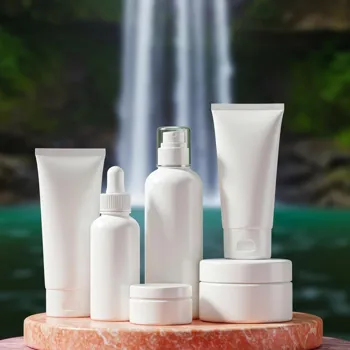
Typically, the T-zone (forehead, nose, and chin) is oily, while the cheeks are dry.
Sensitive Skin: Sensitive skin is easily irritated. It may react to certain ingredients with redness, itching, or burning.
Moisturizer Ingredients: Unlocking the Secrets
Now that you know your skin type, let's explore the key ingredients to look for in a moisturizer. These ingredients can be broadly categorized into three types: humectants, emollients, and occlusives.
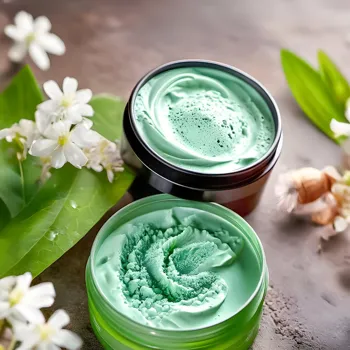
Humectants: These ingredients attract moisture from the air and draw it into the skin. Common humectants include hyaluronic acid, glycerin, and aloe vera.
Emollients: Emollients soften and smooth the skin by filling in the gaps between skin cells. Examples include shea butter, cocoa butter, and ceramides.
Occlusives: Occlusives create a protective barrier on the skin's surface to prevent moisture loss.
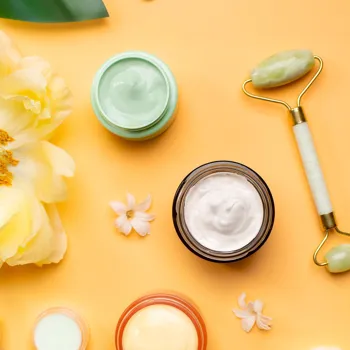
Examples include petroleum jelly, beeswax, and mineral oil.
The Perfect Match: Moisturizers for Every Skin Type
Okay, let's get down to the nitty-gritty! Here's a guide to choosing the right moisturizer based on your skin type:
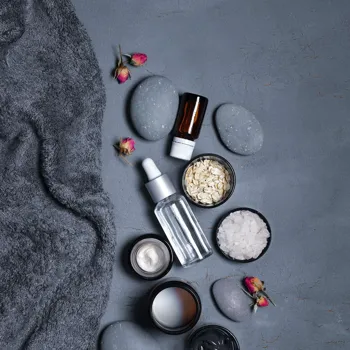
For Normal Skin: Congratulations! You have a wide range of options. A lightweight, lotion-based moisturizer with a balance of humectants and emollients will do the trick. Look for ingredients like hyaluronic acid, glycerin, and sunflower oil. Avoid anything too heavy or greasy that could clog your pores.
For Dry Skin: Cream-based moisturizers are your best friend. Look for ingredients like shea butter, cocoa butter, ceramides, and hyaluronic acid. These ingredients will help to deeply hydrate and repair your skin's barrier. Apply your moisturizer immediately after showering to lock in moisture.

You should also consider a facial oil or serum layered underneath during winter months.
For Oily Skin: Many people with oily skin skip moisturizer, fearing it will make their skin even oilier. However, skipping moisturizer can actually trigger your skin to produce even more oil.
The key is to choose a lightweight, oil-free, and non-comedogenic moisturizer. Gel-based or water-based moisturizers are ideal. Look for ingredients like hyaluronic acid, niacinamide, and salicylic acid. Niacinamide helps to control oil production, while salicylic acid helps to unclog pores.
For Combination Skin: This skin type requires a balanced approach. You may need to use different moisturizers for different areas of your face. For the drier areas, use a richer cream or lotion. For the oily T-zone, use a lighter, oil-free moisturizer.
Alternatively, you can try a gel-based moisturizer all over your face.
For Sensitive Skin: Choose fragrance-free, hypoallergenic moisturizers with minimal ingredients. Look for ingredients like aloe vera, chamomile, and colloidal oatmeal, which have soothing properties.
Avoid products containing harsh chemicals, dyes, and alcohol. Always do a patch test on a small area of skin before applying a new moisturizer to your entire face.
Bonus Tips for Moisturizer Success:
Apply moisturizer after cleansing: Washing your face can strip your skin of its natural oils, so it's important to moisturize immediately afterward to replenish lost moisture.
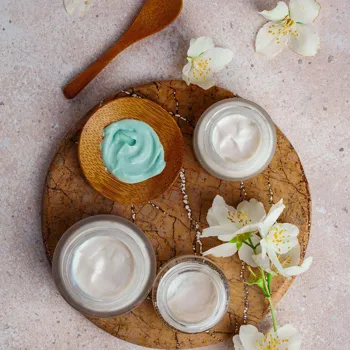
Don't forget your neck and décolletage
These areas are often neglected but are just as prone to dryness and aging.
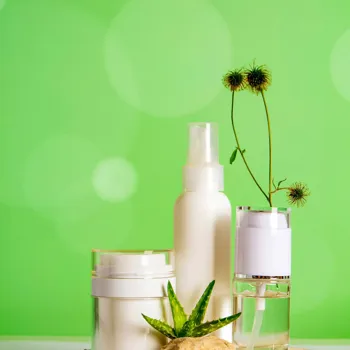
Consider the season
You may need a heavier moisturizer in the winter and a lighter moisturizer in the summer.
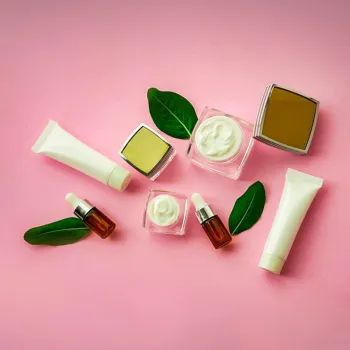
Read reviews
Before buying a new moisturizer, read online reviews to see what other people with your skin type have to say about it.
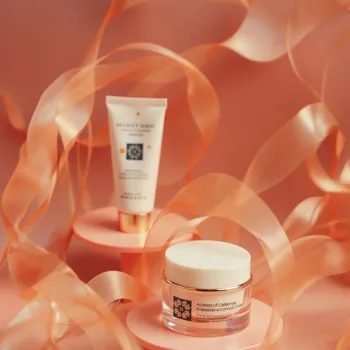
In conclusion, selecting the moisturizer involves a deep understanding of your skin.
Identifying the skin type is an important factor as it affects the overall selection process. Once the skin type is identified, it helps in deciding on the ingredients that will suit your skin.
Moisturizers consist of three different types of elements - humectants, emollients and occlusives, which all have different effects on the skin.
Based on the skin type, the type of moisturizer to be used varies.
Normal skin benefits from light weight lotions, whereas dry skin will benefit from cream based moisturizers and oily skin requires gel based moisturizers that are oil free. The next important thing is to maintain a routine to make sure the skin is moisturized.
Applying the moisturizer right after cleansing the face, moisturizing after face wash, not forgetting the neck and areas surrounding it, moisturizing at least twice a day and using according to the season (light one for summer) are a few things to keep in mind for maximum effect.
Getting reviews from friends and family and people around can help you in your buying decision.
These tips helps in selecting the best moisturizer for your skin type.













